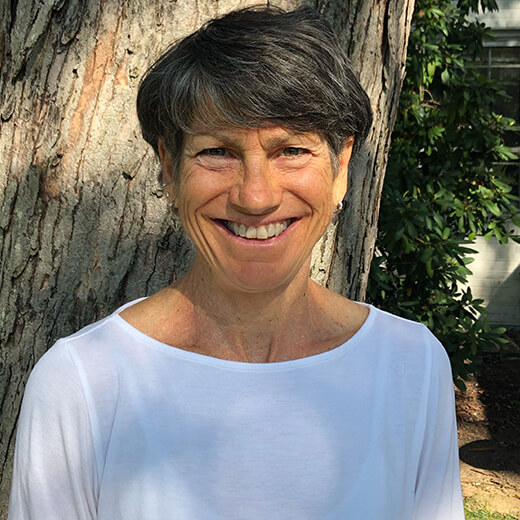Takeaway
Routinely asking patients about housing insecurity can help identify those who are at-risk of poor health outcomes. Understanding a patient's living situation can help you provide realistic guidance.

Passion in the medical profession | May 29, 2024 | 1 min read
By Stasia Reynolds, MD, Johns Hopkins Medicine
Poverty can have a profound impact on health in many ways. Living in unstable or inadequate housing can lead to increased stress, anxiety, and other mental health issues. Exposure to environmental hazards such as mold, pests, and lead paint can contribute to respiratory problems, allergies, and other health problems. Additionally, housing insecurity can disrupt access to healthcare and preventive services, leading to delayed treatment and exacerbation of health conditions. Housing insecurity is closely linked to poor health outcomes, and we don’t always know who is suffering from it.
I recently read Mathew Desmond’s book “Evicted: Poverty and Profit in the American City” and it left a deep impression. The author spent 18 months living in a mobile home community in Milwaukee, Wisconsin, where he met the people—renters and landlords—whose stories he tells. One big takeaway for me: living in poverty and having insecure housing is expensive, full-time work. People living in poverty without stable housing often don’t have the “luxury” of the kind of preventive care (adequate nutrition, regular exercise, vaccines, and screenings) needed to improve health outcomes. And the care for acute and chronic illnesses is frequently expensive and fractured.
So, I ask: How good are we at knowing if our patients live in poverty with housing insecurity? And how do we work within their means to get them the care they need?
After reading Desmond’s book, I now ask ALL patients:
1. How do you make ends meet each month?
2. Where are you living and how do you manage your rent/mortgage?
3. Who do you turn to or lean on when times are hard?
If I don’t understand individual circumstances, then I can’t make sound recommendations, nor can I properly engage practice and community resources that increase uptake and improve outcomes.
As clinicians, we have a unique opportunity to address the impact of housing insecurity on our patients’ health. By incorporating questions about housing stability into our routine assessments, we can identify patients at risk and connect them with appropriate resources.
This piece expresses the views solely of the author. It does not necessarily represent the views of any organization, including Johns Hopkins Medicine.

